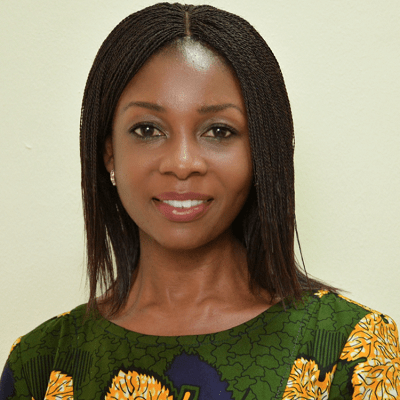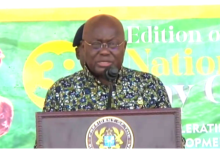
There is the need for a more improved training for teachers and health workers to provide relevant sex education for students, a research conducted on adolescent health has stated.
The research conducted by the African Health Economic and Policy Association (AfHEA) said adolescent friendly services also needed to be made available and affordable in order to improve Sexual Reproductive Health (SRH) among adolescents.
A Senior Research Fellow at the Institute of Statistical, Social and Economic Research (ISSER), Ama Pokua Fenny said this when she presented the findings on the topic, ‘access to adolescent sexual and reproductive health services in Ghana: a qualitative study’ at a workshop in Accra on Tuesday.
It was held in collaboration with the United Nations Population Fund (UNFPA), ISSER and the Medical and Scientific Research Centre of the Ghana Medical Centre (MRSC-UGMC).
It was on the theme ‘making access to Adolescent Sexual Reproductive Health (ASRH) services a reality for adolescents in Ghana- improving information, communication and sustainable financing.”
It was aimed at presenting study finding on the sexual reproductive health needs of adolescents in Ghana, formulate operational and policy recommendations for promoting equitable access and use of ASRH services in and out of schools as well as strategies to ensure sustainable financing of ASRH services.
The research was conducted among adolescents aged between 15 and 24 years in the pre-tertiary and tertiary institutions across the country.
According to Madam Fenny, sex education in schools was inadequate to improve sexual reproductive health while teachers often lack the exposure to provide relevant sex education to their students.
She also said adolescents were often unable to talk about sex with their parents or community members.
She said girls experience higher degree of stigma when accessing SRH services while those who want contraceptives were tagged as scandalous.
“SRH services are often poorly resourced and not tailored to adolescents’ specific needs,” she added.
A Research Fellow at the UGMC, Dr Gifty Ekua Merdiemah said the study demonstrated that 93 per cent of sexually active adolescents in unrestricted environments did not use contraceptives, although 80 per cent of them had a basic knowledge of ASRH issues.
She said SRH of adolescents in unrestricted environments needed more attention from university authorities and policymakers, adding that the cost and location of healthcare services was a barrier for adolescents to access reproductive health facilities.
She called on public universities to add well-structured ASRH orientation programmes and adolescent health corner; at vantage points with a wide range of SRH services.
Dr Merdiemah called on stakeholders to work together to provide policies and programmes that address the SRH needs of adolescent in public universities to ensure that they have a smooth transition to adulthood.
BY JEMIMA ESINAM KUATSINU






